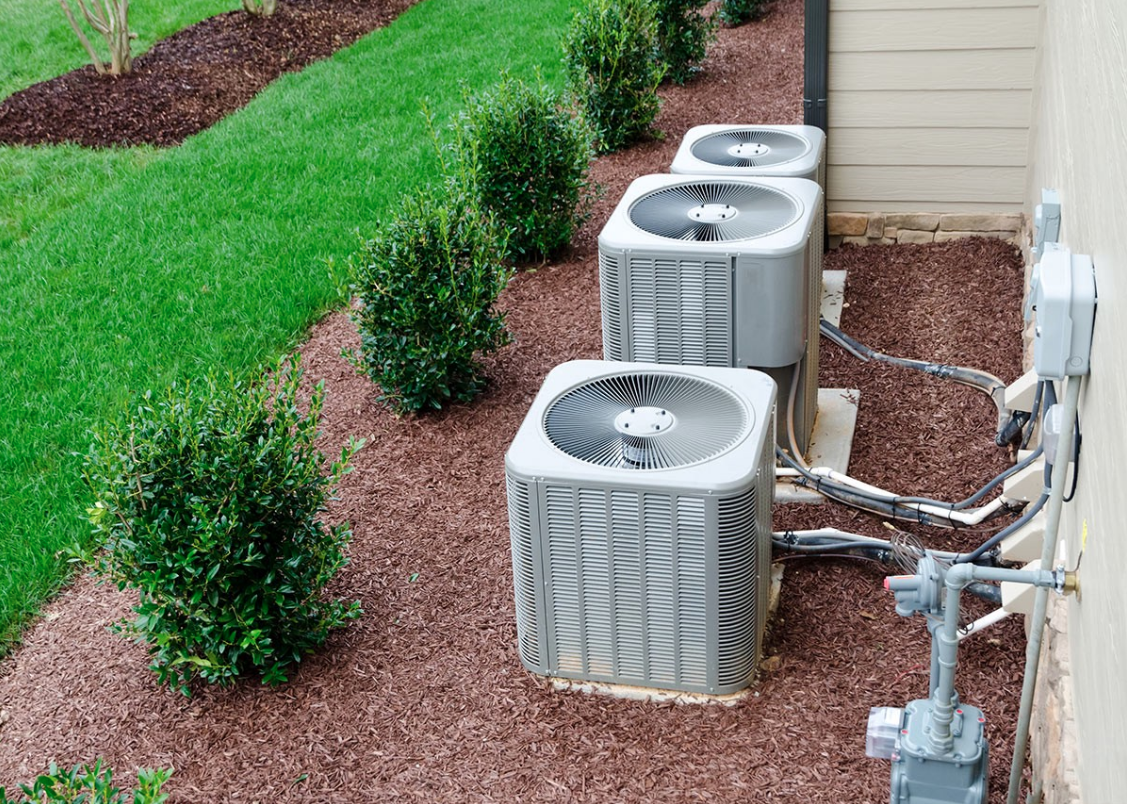The Truth About Energy Plans: Which One’s Right for You?

Looking to save money at home on your energy bill? Here is the truth about energy plans and how to choose which one fits your household’s needs!

Choosing the right energy plan involves understanding your usage patterns and comparing options. Plans vary in structure, such as fixed rates, variable rates, or time-of-use. Assess your energy habits, potential savings, and flexibility needs. Making an informed choice ensures you select a plan that best aligns with your lifestyle and budget.
Understanding Different Types of Energy Plans
The plethora of options available when selecting an energy plan might be daunting. Several types of energy plans are available, each with its own set of benefits and potential drawbacks. A thorough understanding of these possibilities will enable you to make an informed choice that fits your requirements and lifestyle. Providers like Rhythm Energy, a Texas energy provider, offer various plans tailored to different consumer needs.
Selecting the right energy plan involves more than just looking at the price. Factors like energy source, rate structure, and contract terms play a significant role. With the correct information, you may steer clear of potential problems like unforeseen significant expenses and make decisions that, over time, could result in substantial savings. Let’s dive deeper into the different types of energy plans available and discover which one might be the best fit for you.
Fixed-Rate vs Variable-Rate Plans
Fixed-rate and variable-rate plans are two common types of energy plans. Fixed-rate plans offer a set price for power use, providing predictability and protection against market fluctuations. They are ideal for budget-conscious individuals who want to avoid unexpected energy bill spikes. Variable-rate plans fluctuate with the market, potentially leading to lower rates but also presenting price spikes during high-demand periods. These plans may be more suitable for consumers who can handle unpredictability in exchange for potential savings. Understanding your risk tolerance and monthly budgeting flexibility is crucial for selecting the right plan.
Time-of-Use Plans
Time-of-use (TOU) plans charge different rates based on the time of day energy is consumed. These programs might benefit those who want to move their high-energy events to after-hours. In line with the U.S. Energy Department, TOU plans encourage energy use when demand is low, resulting in significant savings for consumers who can adjust their usage patterns.
The success of a TOU plan largely depends on your ability to adapt to its structure. If you work from home or can run appliances during designated off-peak times, this plan could lower your energy costs. However, a TOU plan might be more costly if your schedule is less flexible. The key is to evaluate how adaptable your daily routine is to shifting energy usage to get the most out of these plans.
Green Energy Plans
Plans for green energy are becoming increasingly common as people use hydropower, solar, wind, and other renewable resources to lessen their carbon impact. These plans contribute to environmental sustainability and the growth of renewable energy markets. Although slightly more expensive than conventional plans, they offer environmental benefits, job creation, and innovation and align energy use with values, helping to mitigate climate change. Plans for green energy align with consumer values and help expand the markets for renewable energy.
Prepaid Energy Plans
Prepaid energy plans allow consumers to pay for their electricity upfront, typically monthly. This can help with budgeting and ensure there are no surprise bills. However, you must keep track of your energy usage more diligently to ensure you have enough prepaid credits.
For those who prefer strict control over their spending and can manage their energy consumption closely, prepaid plans can be a viable option. Additionally, these plans do not usually require credit checks or deposits, making them accessible to a broader range of consumers. However, it’s essential to consider whether the convenience of this plan matches your lifestyle and whether you’re prepared to monitor your usage to avoid interruptions in service.
Choosing the Right Plan for You
When choosing an energy plan, consider your lifestyle, energy usage habits, and financial situation. For instance, a fixed-rate plan may be best if you prefer a predictable monthly bill. Alternatively, a TOU plan can offer savings if you shift your energy use to off-peak times. Additionally, for those committed to environmental sustainability, a green energy plan can align with their values.
Your personal preferences and daily routines will heavily influence which plan is right for you. It’s crucial to weigh the benefits and drawbacks of each type and assess how they fit into your lifestyle. Examining your past energy bills can provide insight into your usage patterns, helping you select the most cost-effective plan. Consider all these elements carefully to make a well-rounded decision.
Additional Considerations
Aside from the type of plan, there are other factors to consider. These include the contract’s length, the provider’s customer service reputation, and any potential additional fees. It’s worth evaluating how easily switching plans or providers is if your needs change over time.
Contracts can vary widely, with some offering month-to-month flexibility while others require long-term commitments. Make sure you understand the terms and any early termination fees. Consult reviews and ratings to gain insights into a provider’s reliability and customer service. Comprehensive information on energy savings and minimizing costs is available at Consumer Reports.
Research and Compare
Research and compare different providers and plans online to make an informed decision on your energy plan. This will help you find the best one that meets your energy needs, lifestyle, and budget. The right plan can significantly impact your monthly expenses and environmental impact. Aligning all options with your needs can save money, reduce your carbon footprint, and provide peace of mind, as you have chosen the best plan for your circumstances.








